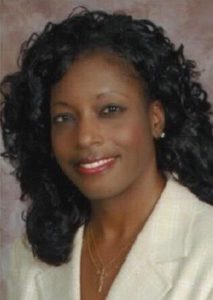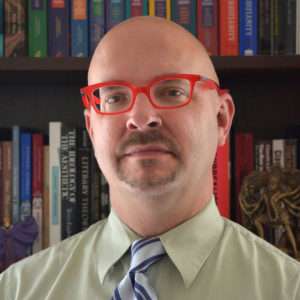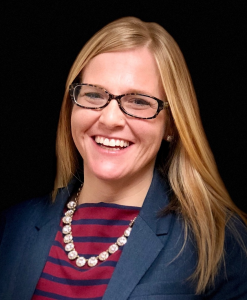Teaching and Traumatic Events
Welcome to the Wabash Center's blog series:
Teaching and Traumatic Events
Posts from 2018
Current events are pressing conversations about trauma and traumatic events in classrooms across higher education, not just those associated with theology and religion, and the Wabash Center is seeking to be responsive to the need for faculty conversation about the topic and to provide effective teaching resources.
Blog posts from a team of ten writers address this topic. We encourage comments and conversations about “Teaching and Traumatic Events.”
Sign-up to receive email alerts when new blogs are posted
Follow us on Twitter and Facebook to receive announcements of new postings.
Sign up for our eNewsletter to receive timely announcements of Wabash Center programs.
Select an item by clicking its checkbox
Church history, may, at first glance, appear rather uninteresting to some seminary students. After all, hot-button issues in theology, ethics, bible, and pastoral care stimulate gospel-oriented revolutionary thinking, particularly in regard to contemporary needs in church and society. Individuals take graduate-level courses in ministry to make a difference. They seek ...
I ask students to laugh at death with me. Rather than treating death as off-limits or something that must be approached with absolute solemnity, I ask students to laugh. And when I make jokes about death and they stare at me with horror, I remind them that it’s ok ...
When I was invited to participate in this blog series, I was preparing to teach, for the first time, a course on the Catholic sex abuse crisis. I had wanted to teach the course for quite some time but was held back both by my sense of not understanding adequately ...
The call for educational practitioners to be critically self-reflective is fairly common today. This is in large part due to the work of pedagogical theorists, such as Stephen Brookfield, who have challenged educators to routinely assess and hone our teaching practices. Indeed, since the beginning of my teaching career, I ...
While there are moments in the classroom in which trauma prevents learning, to suggest that a traumatized student cannot learn turns the classroom into a space that privileges students who are protected from trauma as a result of being rich, white, male, and heterosexual. Accommodating traumatized students is not just ...



